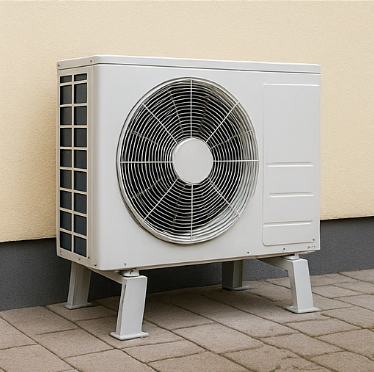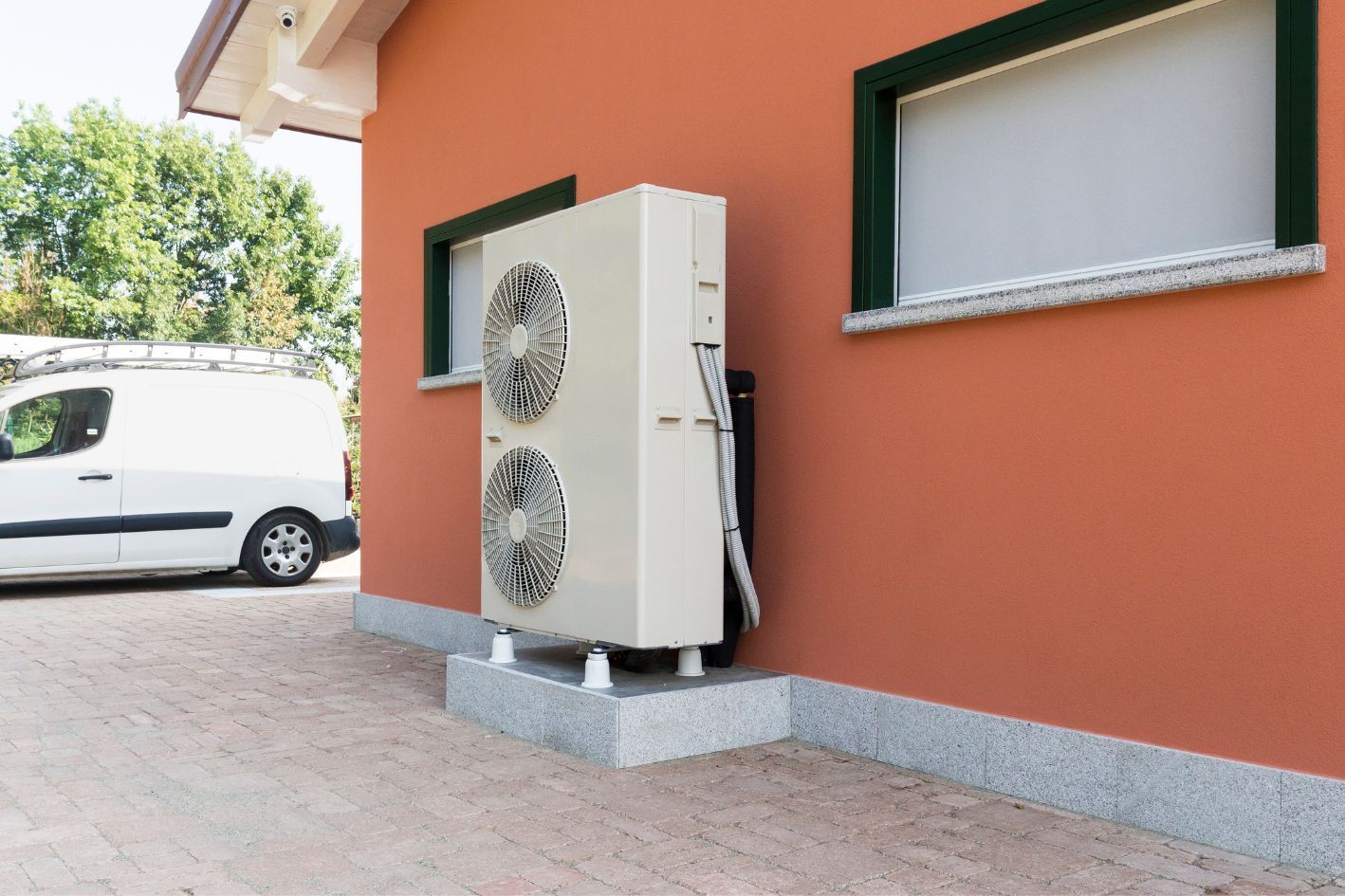Location Matters: Optimising Your Air Source Heat Pump's Performance
Investing in an air-source heat pump is a smart choice for energy-efficient heating and cooling. However, the effectiveness of your system heavily depends on its location. Proper placement ensures optimal performance, longevity, and energy savings. In this guide, we'll explore the key factors to consider when choosing the right air source heat pump location.
Outdoor Unit Placement
Adequate Airflow
Your heat pump's outdoor unit needs unrestricted airflow to function efficiently. Place it in an open area away from walls, fences, or dense vegetation. Ideally, there should be 1 meter of clear space on all sides of the unit.
Protection from Elements
While your heat pump is designed to withstand outdoor conditions, some protection can enhance its performance. Consider locations that offer natural shelter from strong winds and direct sunlight. However, avoid placing it under eaves where it might be exposed to water runoff or icicles.
Noise Considerations
Air source heat pumps generate some noise during operation. Avoid placing the outdoor unit near bedrooms or frequently used outdoor spaces to minimise disturbance. Also, consider your neighbours' properties when choosing a location.
Indoor Unit Placement
Central Location
Place the indoor unit in a central area of your home for optimal heat distribution. This ensures even heating and cooling throughout the living space.
Wall Mounting
If you opt for a wall-mounted indoor unit, choose an exterior wall for easier installation and improved efficiency. Ensure the wall can support the unit's weight and allow for proper condensate drainage.
Additional Considerations
Accessibility
Both indoor and outdoor units should be easily accessible for maintenance and repairs. Ensure there's enough space for technicians to work comfortably around the units.
Local Regulations
Check your local building codes and regulations regarding heat pump placement. Some areas have specific requirements for distance from property lines or noise levels.
Future Landscaping
When choosing a location, consider your long-term landscaping plans. Avoid areas where future trees or structures might obstruct airflow or access to the unit.
Ground Stability
Ensure the ground where you place the outdoor unit is stable and level. If necessary, use a concrete pad or sturdy platform to provide a solid foundation.
You can find the ideal location for your air source heat pump by carefully considering these factors. Proper placement maximises the system's efficiency and ensures comfort, quiet operation, and longevity. If you're unsure about the best location for your situation,
consult a professional HVAC installer who can assess your property and provide expert recommendations.












